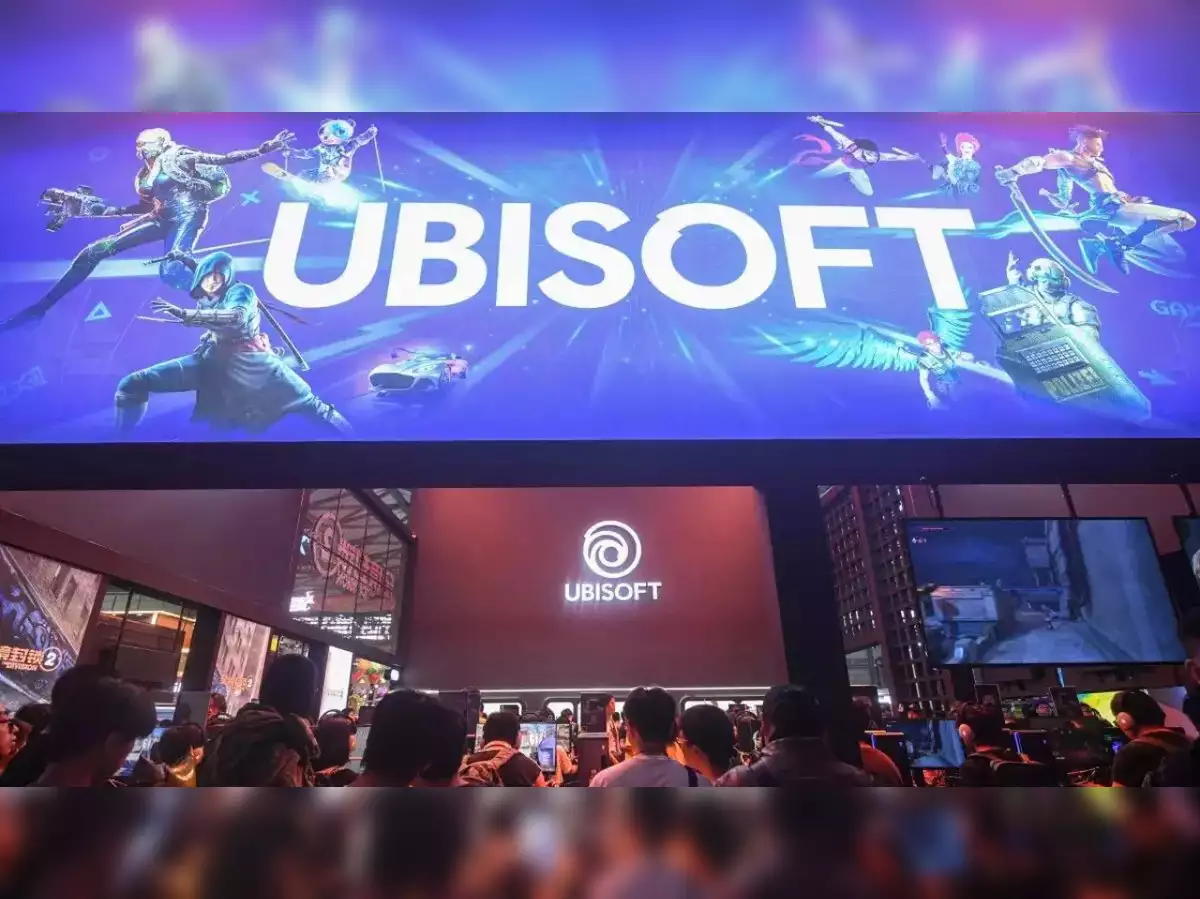The gaming world is buzzing with a question that strikes at the heart of every digital purchase: do you truly own the video games you buy? Recent actions by gaming giant Ubisoft, specifically concerning their popular racing franchise The Crew, have reignited this fiery debate, leaving players feeling betrayed and questioning the future of their digital libraries.
Ubisoft has firmly stated its position in the face of growing criticism surrounding the delisting of the original The Crew and the subsequent inaccessibility for players who legitimately purchased the game. The company maintains that players are granted a license to access their games, not outright ownership. This stance, while not entirely new in the digital distribution landscape, has been brought into sharp focus by the complete removal of a purchased title, leaving consumers with nothing but a digital receipt for a game they can no longer play.
The situation surrounding The Crew unfolded over the past year, culminating in the game’s servers being shut down on March 31, 2024. While online-only games inherently face this eventuality, the crucial point of contention lies in the fact that The Crew was a fully paid title. Players invested their money, expecting to enjoy the game for the foreseeable future. Instead, they were met with a stark reality: their purchase granted them temporary access, revocable at the publisher’s discretion.
This isn’t an isolated incident. The digital era of gaming has seen numerous instances of games being delisted from digital storefronts for various reasons, ranging from licensing issues to outdated server infrastructure. However, the case of The Crew feels different to many players. It wasn’t just a removal from sale; it was a complete cessation of service for a game people had bought and, in many cases, still enjoyed playing.
“We understand that this can be disappointing for players who still enjoy the game,” Ubisoft stated in a communication regarding the shutdown. However, this sentiment has done little to quell the anger and frustration brewing within the gaming community. Many feel that this situation sets a dangerous precedent, suggesting that their digital purchases are ultimately at the mercy of the publisher’s decisions.
The implications of Ubisoft’s stance are far-reaching. If players don’t truly own their digital games, what does that mean for their investment? Can publishers arbitrarily revoke access to titles they’ve sold? What safeguards do consumers have in this increasingly digital world? These are the questions that are now being fiercely debated across online forums, social media, and gaming news outlets.
One player, who goes by the online handle “SpeedDemon78,” shared their frustration on a popular gaming forum: “I bought The Crew on day one. I poured hundreds of hours into that game. Now, it’s just gone. It’s like it never existed. What was the point of buying it in the first place if they can just take it away?” This sentiment is echoed by countless other players who feel a sense of loss and betrayal.
Legal experts are also weighing in on the matter. While the terms of service for most digital platforms typically grant users a license rather than ownership, some argue that this doesn’t necessarily absolve publishers of all responsibility. Consumer protection laws vary across jurisdictions, and there’s a growing debate about whether the current legal frameworks adequately address the unique challenges posed by digital ownership.
“The concept of ownership in the digital realm is complex and still evolving,” explains Sarah Miller, a lawyer specializing in digital rights. “While the terms of service often favor the publishers, there’s a strong argument to be made that consumers have a legitimate expectation of continued access to content they have purchased, especially when there’s no inherent expiration date.”
The situation with The Crew also highlights the potential downsides of relying solely on digital distribution. While digital purchases offer convenience and instant access, they also come with the risk of losing that access if the platform or publisher decides to discontinue support. This contrasts with physical copies of games, which, while also potentially becoming unplayable due to hardware limitations, at least remain in the owner’s possession.
Ubisoft’s firm stance in this situation is likely rooted in the costs associated with maintaining online services for older games. Running servers, providing technical support, and navigating complex licensing agreements can be expensive, and publishers often make the business decision to shut down these services when the player base dwindles. However, the complete inaccessibility of a paid game is a bitter pill for many consumers to swallow.
The backlash against Ubisoft’s handling of The Crew serves as a stark reminder of the growing tension between consumers and publishers in the digital age. Players are increasingly demanding more control and ownership over the content they purchase. They want assurances that their investments will not simply vanish at the whim of a corporation.
This isn’t just about one game; it’s about the broader implications for the future of digital ownership. Will other publishers follow Ubisoft’s lead? Will consumers continue to accept this model, or will they demand greater rights and protections? The answers to these questions will likely shape the landscape of the gaming industry for years to come.
The controversy surrounding The Crew should serve as a wake-up call for both the gaming industry and consumers. Publishers need to be more transparent about the lifespan of their digital products and consider alternative solutions, such as allowing players to host their own servers or releasing offline patches for games that are primarily single-player or could function without constant online connectivity. Consumers, on the other hand, need to be aware of the terms and conditions associated with their digital purchases and perhaps reconsider their reliance on purely digital libraries.
Ultimately, the debate over digital ownership is far from over. The case of The Crew has simply added fuel to the fire, forcing a critical examination of the rights and expectations of digital consumers in an increasingly digital world. As technology continues to evolve, the legal and ethical frameworks surrounding digital ownership will need to adapt to ensure a fair and equitable balance between the interests of publishers and the rights of consumers. The gaming community is watching closely, hoping that this situation will lead to meaningful changes that respect their investments and ensure the longevity of their beloved games.



















